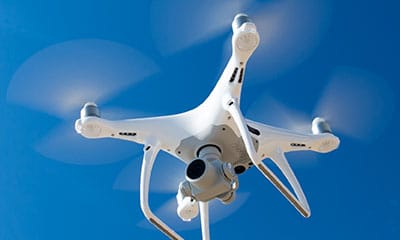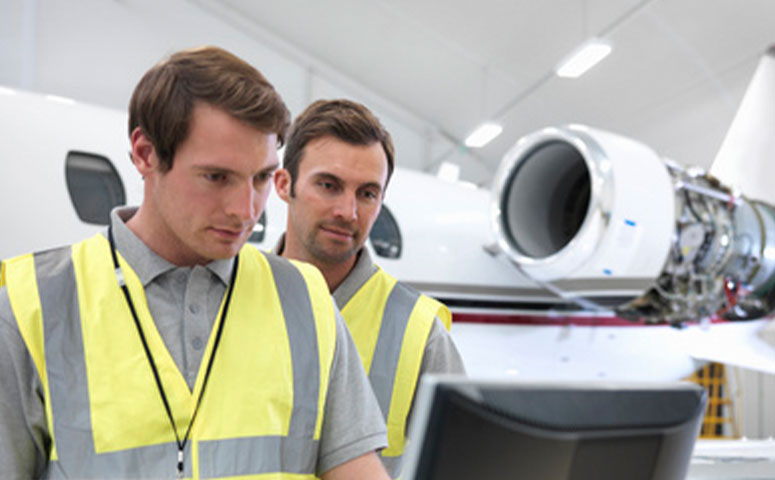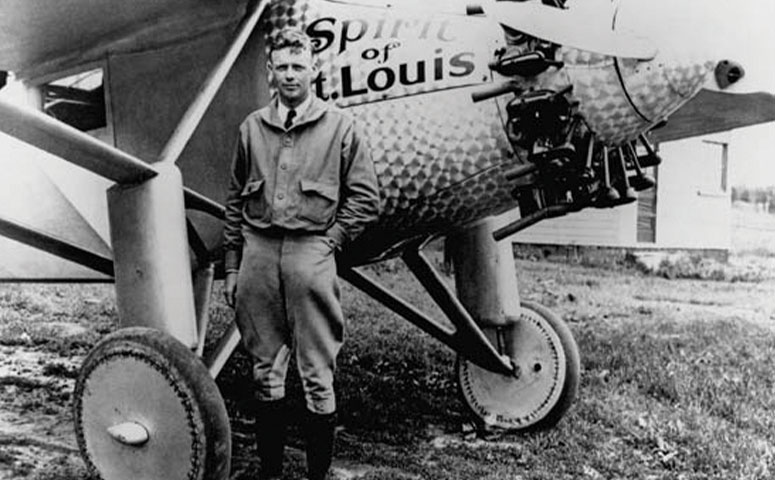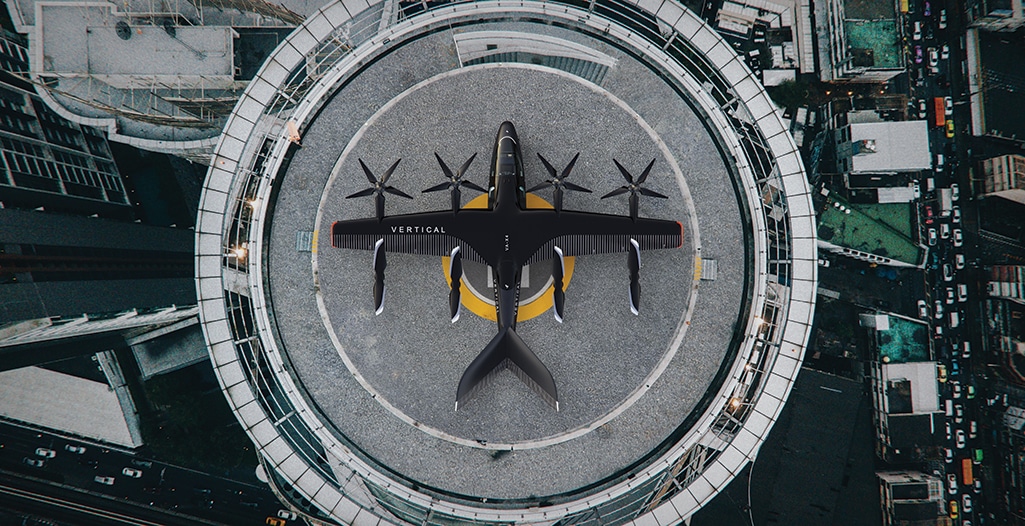Insuring a New Aircraft? Keep These Important Tips in Mind.
For pilots pondering an aircraft purchase, the first consideration is finding the airplane that will best meet their needs. Once that perfect airplane is found, a next step should be securing proper aviation insurance. While researching and purchasing an aircraft insurance policy is not as much fun as choosing the aircraft itself, it is just as important. Appropriate insurance can be among the last obstacles to clear on the way to closing on the new aircraft.
Finding aviation insurance is not difficult, but it is worth noting that unlike auto or homeowner’s insurance, where there are many companies offering policies, aviation insurance is a smaller market with a more limited number of providers. This alone should not cause any delays, but it is something to keep in mind if your situation involves any insurance challenges.
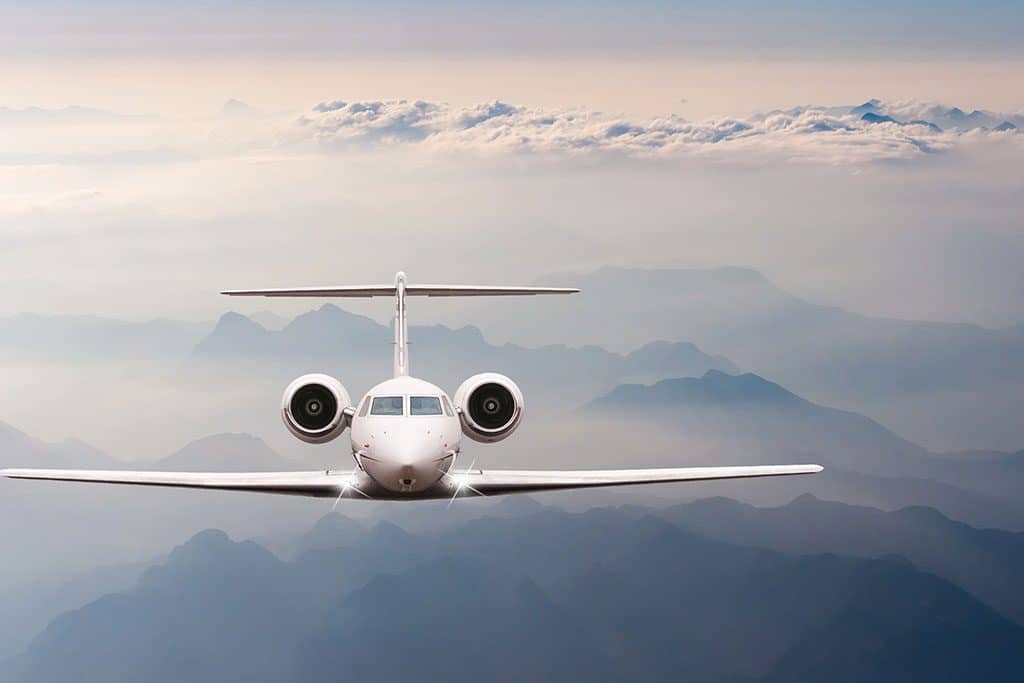
Purchasing Aircraft Insurance: Cost Is Just One Aspect
Pilots who never have purchased aircraft insurance, and those who have not done so in many years, may assume that insurance for a new airplane is much like adding a new car to an auto policy, where all it takes is a brief phone call just prior to delivery to discuss policy details and cost. Unfortunately, such an assumption could be a problem if you encounter unexpected issues getting a policy.
Why would that occur? Factors that could result in a particular aircraft being difficult or expensive to insure are shown below. These things are not meant to discourage you from purchasing certain types of aircraft or to leave you concerned about your ability to secure or afford proper protection. Instead, these considerations are intended to help aircraft purchasers understand how aircraft insurance underwriters evaluate the risks and determine the proper premium.
Factors that affect insurability include:
- Type of aircraft construction. One aspect of insurability is how easy or difficult it is to repair a specific airplane. For example, it can cost more to repair a composite aircraft or one with tube and fabric construction than it is to repair a conventional, all-metal aircraft. This is because not all shops have skills and experience with composites and fabric. Rare aircraft are also expensive to repair for the same reasons and because replacement parts can be difficult to find.
- Aircraft performance specs. High performance or aerobatic aircraft may be more difficult or costly to insure.
- Pilot experience. Aviation insurance companies are most comfortable when the aircraft they insure are flown by pilots with substantial experience and skill in operating them. A new pilot purchasing a powerful, technologically complex, high performance aircraft may discover that it is difficult to find insurance except at a premium price.
- Aircraft value. Needless to say, the more expensive an airplane is, the more it will cost to insure.
- Training and certifications. Going “above and beyond” in your training and certifications may make you a lower risk and therefore a more desirable applicant.
- Intended use. How, when and where you intend to use your airplane may affect whether a specific insurance provider will offer you a policy.
- Aircraft history. Some types of planes have a record of being involved in more incidents than others, even where the aircraft has acceptable design and performance characteristics. If pilots have historically flown a particular model in a way that has resulted in many accidents, insurance for those types tends to be more expensive for pilots today.
- Geographic location. The conditions in which a pilot will be operating and storing an aircraft play a role in insurability. For example, insurance will likely cost more in a location that is prone to extreme weather, like hurricanes or tornadoes. The same is true of especially remote locations where accessing, recovering and repairing a plane after a mishap can be challenging and expensive.
- Airport/aircraft compatibility. If a pilot’s home airport isn’t suitable for a particular type of airplane (if it has a single runway that is short or narrow, for example), insurers will be concerned.
Some of these factors are outside of a pilot’s control. However, many can be used to inform an aircraft purchase decision.
Being Mindful of the Right “Window” for Buying Aviation Insurance
Don’t wait until the last minute to look into insurance. As soon as you have a good idea of the type of plane you intend to purchase as well as where and how you intend to fly it, start your insurance research.
That said, if you do your insurance research many months in advance of the actual purchase, as you should, remember that you will need to talk with your aviation insurance producer around 90 days prior to the transaction. Most insurance quotes are only valid for 90 days.
Strategies for Finding the Right Provider and Obtaining the Right Policy
In addition to addressing the “hurdles” that affect insurability, you can also take steps to help ensure that you get insurance that meets your needs. For example, you should work with a company that has extensive experience and expertise in aviation insurance. Ideally, they should also be very familiar with the type of aircraft you intend to fly. You also should look for a provider that listens carefully to your requirements before talking about their offerings. The last thing you want is to pay for something you don’t need or fail to obtain protection that you should have.
Once you find the company you want to work with, it helps to make a positive impression. Be ready with documentation of your training, experience, details of the way you plan to use the aircraft, and information on how it will be stored and secured when it’s not being flown. You also need to consider liability exposures, including whether there will be any potential for third-party passenger liability. Your broker will want to present you to the underwriter as someone who is in control of the risks, and being organized and able to provide detailed information upon request enhances that impression.
If you are considering an aircraft purchase, or simply would like to know more about our services, please contact us at your convenience.
